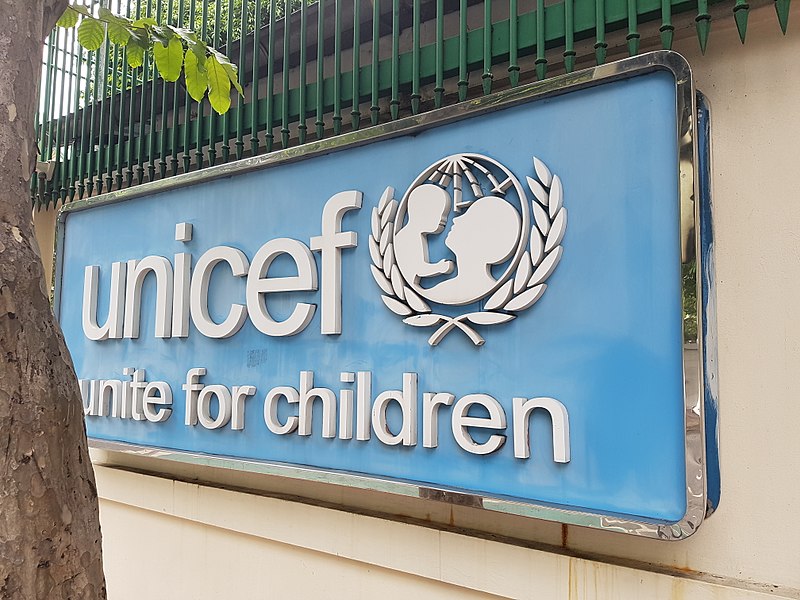

The United Nations children’s fund (UNICEF) on Tuesday appealed for urgent funding to help avert an “explosion of child deaths” which it said is looming in East Africa if the world does not act immediately.
UNICEF’s Deputy Regional Director for Eastern and Southern Africa, Rania Dagash said more than 1.7 million children across Ethiopia, Kenya, and Somalia, are in urgent need of treatment for severe acute malnutrition.
“All three countries have recorded a significantly higher number of severely malnourished children admitted for treatment in the first quarter of 2022 compared to the first quarter of 2021,” Dagash said in a statement.
She said the cost of the life-saving therapeutic food the UN agency uses to treat children with severe acute malnutrition is projected to rise by 16 percent globally over the next six months, meaning UNICEF will require an estimated additional 12 million U.S. dollars in East Africa alone.
“If the world does not widen its gaze from the war in Ukraine, and act immediately, an explosion of child deaths is about to happen in the Horn of Africa,” Dagash said.
She said UNICEF and other agencies have been repeatedly sounding the alarm bell on this crisis and lauded the donors who have made contributions that have enabled the UN agencies to respond to the crisis.
Dagash said the international community – led by the G7 who will meet in Germany in June – needs to commit new, additional funding now to save lives.
“Focus on Ukraine cannot lead to neglect of other crises and ultimately more loss of life. We also want to see G7 leaders commit to acting early in future emergencies and investing in long-term resilience work – like nutrition, water, education, and cash transfer programmes,” Dagash said.
UNICEF, which has just concluded a visit to Somalia, said Somali children are living on the frontlines of the climate crisis now.
“We need to see a significant step-change from the donor community to adequately support families to weather these cyclical climatic shocks,” she said.
An estimated 386,000 children in Somalia are now in desperate need of treatment for life-threatening severe acute malnutrition – exceeding the 340,000 children who required treatment at the time of the 2011 famine, according to UNICEF.
It said the number of children facing this most deadly form of malnutrition has increased by more than 15 percent in the space of five months.
Four rainy seasons have failed in the space of two years – killing crops and livestock and drying up water sources, the UN said, noting that forecasts suggest the next October to December rains are likely to fail too.
This year, Dagash said, in some of the worst affected areas in the Horn of Africa, three times as many children have already died from severe acute malnutrition with medical complications in in-patient treatment centres compared to the whole of the previous year.
“Between February and May, the number of households without reliable access to clean and safe water almost doubled from 5.6 million to 10.5 million,” she said.
Dagash said the lives of children in the Horn of Africa are also at increased risk because of the war in Ukraine, noting that Somalia alone used to import 92 percent of its wheat from Russia and Ukraine but supply lines are now blocked.
“The war is exacerbating spiraling global food and fuel prices, meaning many people in Ethiopia, Kenya and Somalia can no longer afford the basic foodstuffs they need to survive,” Dagash said.